When you have more than 70 development professionals from over 30 countries in the same virtual class for two and a half weeks, it’s all too good an opportunity to discuss with them the repercussions of Covid-19 on their professional practices. The Executive Master in Development Policies and Practices programme delved into this burning issue during its virtual sessions in December 2020, and this article summarises some of the main conclusions that emerged from our discussions.
As this multi-headed/multi-dimensional crisis calls into question fundamental practices of development professionals, the views of people working for organisations in all sectors (public, private, civil society, local NGOs, and international organisations) shed light on the current challenges these professionals face.
Organised in different formats, the debates and reflections were structured around 3 main dimensions in a form of a “self-reflection guide” filled in by participants and discussed in various sessions.
1st dimension: organisational level
The first dimension concerned the organisational level and addressed issues such as:
- the knowledge and resources needed to operate
- changing priorities
- rechannelling of funds
- characteristics needed to overcome the crisis
- changes in communication
- how the sector will function in the near and far future
Discussions highlighted that the use of virtual tools has changed many practices (i.e. negotiations) with a tendency to foster polarisation and scepticism, especially given the uncertainty created by the pandemic. Participants also pointed out that decision-making processes have become difficult, particularly at the diplomatic level. One participant from Myanmar explained that interactions with “experts” suffered from the inability to meet and the lack of practice in using the new communication tools.
Other contributions also pointed out that organisations were slow to react, especially some large international organisations. Resources were not immediately reallocated to the needs of telework (i.e. computer support, equipment, better internet access, VPNs, etc.). Some stated that the multiplication of communication tools (Zoom, Webex, Whatsapp, Signal, etc.) could be counter-productive and time-consuming at the organisational level.
2nd dimension: leadership, team and management level
The second dimension addressed the leadership, team and management levels. If a new way of working emerged and became a new norm (telework), this modality of working requires more flexibility and adaptability.
Some of the participants witnessed a dilution of responsibilities and a lack of harmonisation in implementation policies. Some others, on the contrary, found that they experienced: “(…) clearer delineation of duties, more and better accountability in delivering assignments” wrote one participant for the public sector in Nigeria. For the team management, if virtual tools allowed to keep frequent discussions and exchanges, and if most organisations improved in that area, “(…) the linkage between the team members and the responsiveness are the most important factors affected by the new atmosphere” said one participant from the NGO sector in Iraq. Other participants reported that they had to restructure their management strategies, use proactive leadership skills and develop remote management skills.
The acceptance of so many changes in a very short and uncertain period of time was also a key issue raised by various participants. Since the pandemic started, participants underlined that managers have not really “changed” their leadership or management styles and that technology could not fully resolve the issues of work efficiency, the lack of boundaries between home and office, and team motivation.
3rd dimension: individual level
The third dimension, the individual level, unsurprisingly attracted considerable attention in the discussions among participants, which reflected the centrality of the “human factor” in development professional practices.
The skill of “emotional intelligence” was highlighted repeatedly as an area that helped development professionals in effectively managing teams, relationships, stress, and in maintaining high levels of motivation, adaptability, and productivity. This was often linked to the importance of self-reflectively, creativity, and the utilisation of interpersonal skills such as mindfulness, flexibility, and patience.
As one participant from Honduras working for a UN body in Geneva emphasised: “Empathy, which is not necessarily what you think of when leadership comes to mind, has also become a characteristic that I now associate with good leadership”. Gratitude and maintaining a positive attitude (to the extent possible) was another element in the mix that participants have highlighted. During these rough times, taking the “moments of happiness and sit with them when they come”, as one participant put it, is crucial. Yet, certainly that is not enough as dealing with the crisis requires visionary, responsive, and empathic leadership that is able to communicate timely, kindly, and effectively.
Despite the challenges, our resilient nature (as individuals, and sometimes through collective actions) featured strongly in the discussions, which led one participant working in a local Lebanese NGO to argue that: “One day, maybe not in the near future, we will write down the pros and cons of this period and will be surprised that the balance leans in favor of positivity”.
Transformative nature of the development practices
These three levels (organisational, leadership/management, and individual) are certainly intertwined and interconnected, but more so during the time of a crisis. The perspectives of development practitioners highlighted above illustrate the transformative nature of the development practices, and what were some of the implications of Covid-19 on them. If anything, those perspectives highlight the need for:
- adaptable and agile organisational structures
- responsive, responsible, and effective leadership
- resilient, creative individuals with a critical constructive mindset and positive attitude
Working towards such a mix – although daunting – will ensure the presence of better workplaces and the professionalism that matters, and indeed equip our development practices with an enhanced set of skills and tools to face, tackle, and overcome the next crisis.
Alexandre Dormeier Freire
Programme Director, The Graduate Institute Geneva
alexandre.freire@graduateinstitute.ch
Alaa Tartir
Regional Academic Coordinator for Middle East & North Africa, The Graduate Institute Geneva
alaa.tartir@graduateinstitute.ch

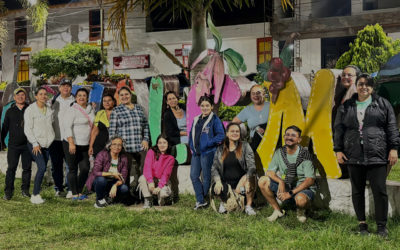
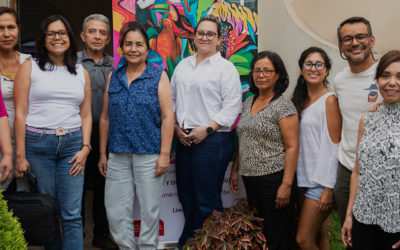
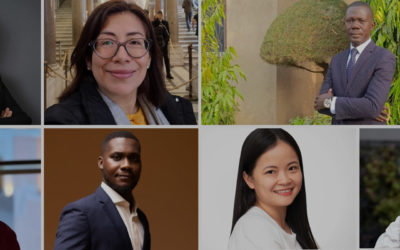
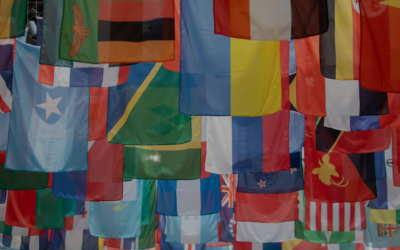


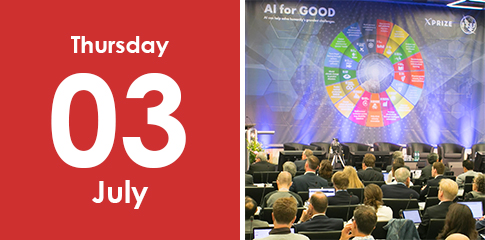

Thanks Alexandre and Alaa for this interesting contribution. It’s really a big challenge to organise the DPP by virtual way. Congratulations.
You did a great research indeed, Dr Alex. I enjoyed reading it
Great input in those challenging times, congrats to both of you Alexandre and Alaa.
Thanks Alex and Alaa. I think the article summarized and clearly captured our discussions. As one of the participants, I’m still amazed at how such a diverse group had many common sentiments (especially on the 3rd dimension).
Thank you Alexandre and Alaa for this article, I liked the way it’s structured and how it covered the COVID 19 impact on working professionals from different dimensions